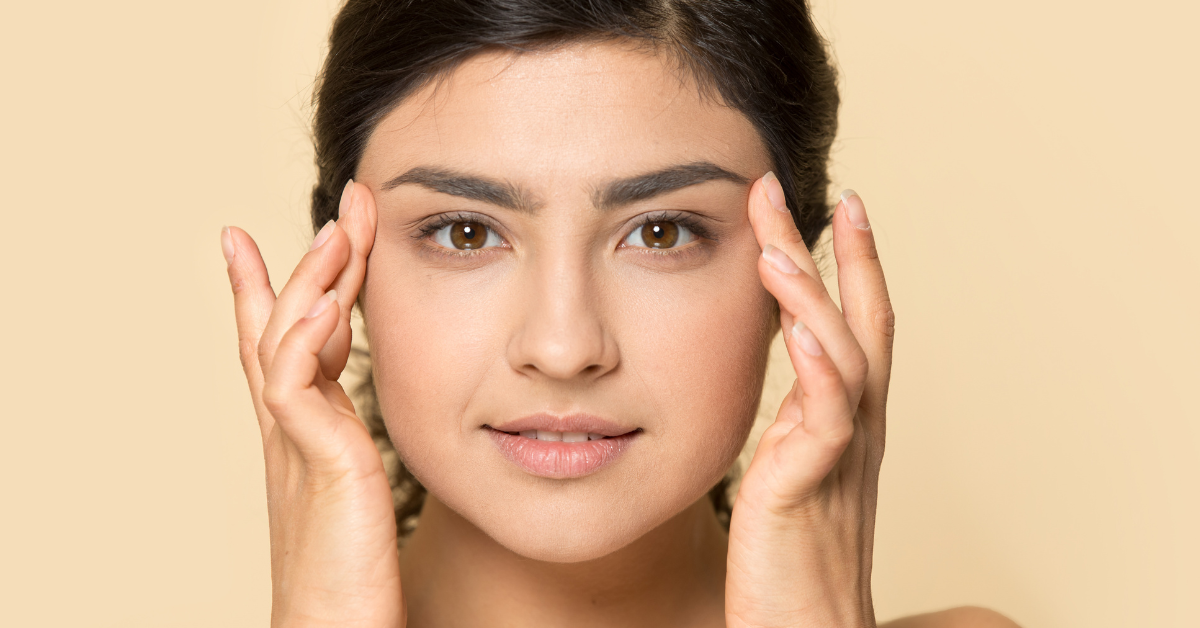

Email Us
info.beautyskincure@gmail.com


info.beautyskincure@gmail.com

Aging is a natural, beautiful part of life, but that doesn’t mean we can’t age gracefully and healthily. The goal of modern anti-aging isn’t to chase an impossible fountain of youth but to support our skin and body in functioning at their best for as long as possible. This approach moves beyond mere wrinkle reduction to encompass overall health, vitality, and radiance. By understanding the science behind aging and adopting a holistic strategy, you can effectively maintain firm, glowing skin and feel confident at every stage of life. This guide will explore practical, evidence-based methods to help you on your age-defying journey.
To effectively combat signs of aging, it’s crucial to understand what causes them. Skin aging manifests in two primary ways: intrinsic and extrinsic.
Intrinsic aging is the natural, genetic process that occurs over time. As we age, our skin’s natural production of key proteins like collagen and elastin which provide structure and elasticity begins to slow down. Cell turnover also decreases, leading to thinner, drier skin and the gradual appearance of fine lines.
Extrinsic aging, however, is caused by external, controllable factors. This is where most of our anti-aging efforts are focused. The primary culprit is sun exposure, which accounts for up to 90% of visible skin aging. This is called photoaging, and it leads to wrinkles, fine lines, age spots, and a loss of skin firmness. Other significant extrinsic factors include pollution, smoking, poor nutrition, chronic stress, and lack of sleep. These elements generate free radicals unstable molecules that damage skin cells and break down collagen.
Adopting a consistent anti-aging routine offers far more benefits than just improving your reflection. It’s an investment in your long-term health and well-being.
The most immediate benefit is a significant improvement in skin texture and tone. By boosting collagen production and protecting against damage, you can achieve smoother, firmer skin with diminished fine lines and a more even complexion, reducing the appearance of age spots. A good routine also enhances your skin’s natural radiance. By promoting faster cell turnover, you reveal fresher, brighter skin underneath, combating that dull, tired look.
Beyond aesthetics, these practices strengthen your skin’s barrier. Healthy, resilient skin is better hydrated and more effective at protecting itself from environmental aggressors like bacteria and allergens. Perhaps the greatest benefit is the long-term preservation of your skin’s health. Consistent sun protection, for instance, is your strongest defense against premature aging and serious skin health concerns.
Implementing a strategic routine doesn’t have to be complicated. Here are the most effective, research-backed steps you can take.
1. Sun Protection is Non-Negotiable: This is the single most important step. Apply a broad-spectrum sunscreen with at least SPF 30 every single day, rain or shine. Reapply every two hours if you’re outdoors.
2. Build a Targeted Skincare Routine:
3. Nourish from the Inside Out: Your diet is foundational.
4. Adopt Healthy Lifestyle Habits:
Even with the best intentions, certain missteps can undermine your progress.
Healthy anti-aging is a holistic endeavor that blends powerful topical treatments with nourishing lifestyle choices. There is no single magic solution; rather, it is the consistent, daily commitment to protecting your skin with sunscreen, supporting it with antioxidants and collagen-boosting ingredients, and fueling your body with healthy foods and habits. By understanding the causes of aging and avoiding common pitfalls, you can empower yourself to achieve skin that is not only younger-looking but also healthier and more resilient. Start incorporating these strategies today for a radiant, confident tomorrow.
What is best for anti-aging?
The absolute best thing you can do is daily, broad-spectrum sunscreen use. This protects against UV rays, the primary cause of premature wrinkles, fine lines, and age spots. Combining this with a retinoid product (like retinol) and a vitamin C serum creates a powerful, evidence-based foundation for any anti-aging routine.
How to stop skin aging?
You cannot completely stop the natural (intrinsic) aging process, but you can dramatically slow down extrinsic aging. This involves rigorous sun protection, a skincare regimen with active ingredients like antioxidants and retinoids, a healthy diet rich in vitamins, avoiding smoking, managing stress, and getting sufficient sleep.
What vitamin is best for anti-aging?
Topically, Vitamin C is considered one of the best. It is a potent antioxidant that protects the skin from free radical damage, brightens the complexion, and supports collagen production. In terms of diet, vitamins C, E, and A are all crucial for maintaining skin health and promoting rejuvenation.
What makes a face look younger?
A youthful face is typically associated with plump, firm skin (good collagen levels), an even skin tone without age spots, a bright complexion (good circulation and cell turnover), and adequate hydration. Fuller cheeks and well-hydrated skin under the eyes also help avoid a hollow, tired appearance.
Which exercise makes you look younger?
While all exercise is beneficial by reducing stress and improving circulation, many experts point to yoga. Its combination of movement, deep breathing, and inversion poses (where your head is below your heart) is believed to increase blood flow to the face, delivering oxygen and nutrients for a natural glow. It also helps reduce cortisol levels, a stress hormone that can break down collagen.
Why does my face look old and tired?
A tired and aged look is often due to a combination of factors: dehydration, which makes skin look dull; lack of sleep, which can cause paleness and puffiness; thinning skin and loss of fat volume, especially under the eyes; and the cumulative effect of sun damage, which creates wrinkles and uneven pigmentation. Addressing these areas with better lifestyle habits and a targeted skincare routine can make a significant difference.
Leave a Reply